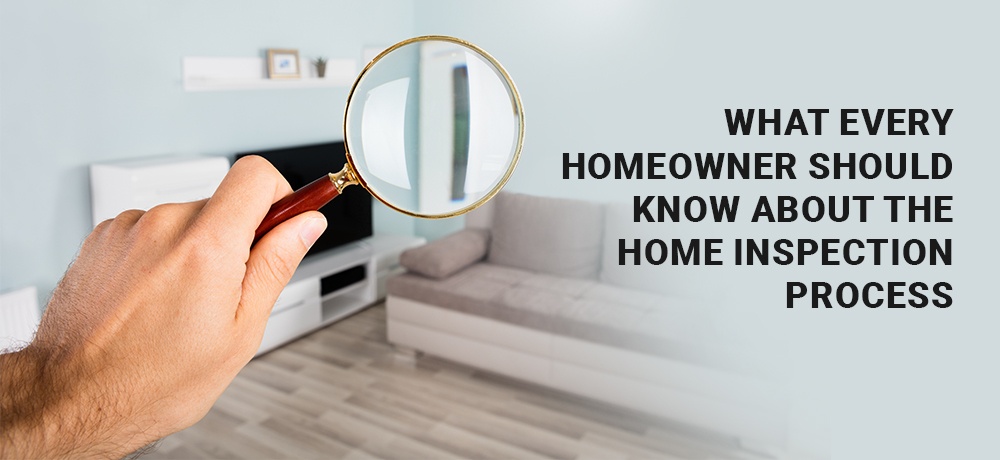What every homeowner should know about the home inspection process

A Niagara-based industry expert answers your questions, including how to find the best home inspector
Having questions about home inspections is only natural since it’s not a process many of us will go through very often. Eric van Riesen RHI, a certified home inspector and owner of Elementary Property Inspections gives us the scoop on what every homeowner should know.
The typical home inspection
Inspections must follow a set of rules. Elementary Property Inspections are completed according to the Canadian Association of Home and Property Inspectors, or CAPHI, standards of practice. In general, this includes inspecting a home’s plumbing, electrical, structure, roofing, exterior, interior, HVAC, ventilation systems and insulation. You can expect a normal home inspection to take about two to three hours. Of course, the time needed can vary and depends on several factors, including the age, size, and condition of the home.
Van Riesen encourages clients to attend. “This can be a valuable learning experience for homeowners,” he says. “During the inspection, we will provide clients with useful information about the home’s systems and maintenance.” The turnaround is quick, with clients usually receiving their reports on the day of the inspection.
A not-so-typical home inspection
What if the home in question is a century home? Does the same process apply?
Century homes can be a bit more of a challenge to assess since they were built prior to the creation of the Ontario Building Code. Their construction techniques will be more localized and less consistent. Says van Riesen, “It takes many years of experience working with older homes to understand the nuances of each time period and to get a good understanding of what has worked and what hasn’t.”
Older mechanical systems also require specific knowledge about their typical lifespans and failure points—information that is only learned through experience.
Common misconceptions
Sometimes clients expect home inspectors to provide quotes for repairing the deficiencies they uncover, but that’s not something they typically do.
“While the report provides price ranges for predictable items like furnace or electrical panel replacement, we can’t predict how contractors will quote more complex jobs. If you have ever received multiple quotes for a project, you will know the pricing can range wildly for the same scope of work,” he says.
Another common misconception is that new homes are in perfect condition and don’t require inspection. A new home comes with a Tarion warranty that requires the builder to fix deficiencies; a good home inspector can help identify items that meet these requirements and provide you with a professional report for your builder to follow. “The quality of new construction has suffered significantly during the pandemic,” says van Riesen. “Material and labour shortages, in combination with a rising demand for houses, has been a recipe for poor-quality workmanship.”
Inspections are back!
With the worst of the pandemic behind us, buyers once again can purchase a home with conditions, and are able to do due diligence prior to buying a home. As a result, many offers to purchase now include inspection conditions.
“Unfortunately, in the last few years the industry lost a significant number of experienced home inspectors due to the reduction of business,” he says.
As a result, many inspectors have work schedules that are fully packed each week. It’s a good idea to reach out early in the process to book your inspection.
How to find a good home inspector
A good home inspector should be knowledgeable, honest, trusted, thorough, patient—and established. You want someone who is known for their expertise.
Van Riesen recommends that you look for someone who has construction experience, insured and a certification in home inspection, as well as many years of experience.
“Home inspection is certainly an interesting job. Every house presents unique challenges and deficiencies,” says van Riesen. “The most interesting finds professionally are when I can combine a number of smaller deficiencies to draw a conclusion on a potential larger problem.”
The job comes with its share of fun parts too, such as finding hidden treasures in attics and crawl spaces where no one has been in decades. Occasionally inspectors will accidently find wildlife in these areas and must back out slowly. “Some of the more memorable items I’ve found are a homeless person who had set up a living space in a basement and an expensive collection of hockey cards discovered in an attic.”
To arrange a home inspection, contact Eric by email at info@elementaryinspections.com or call 289-686-9482.